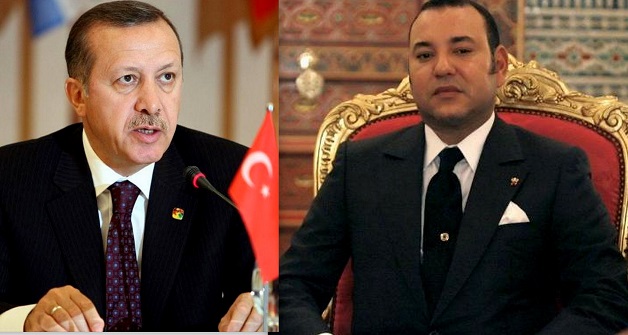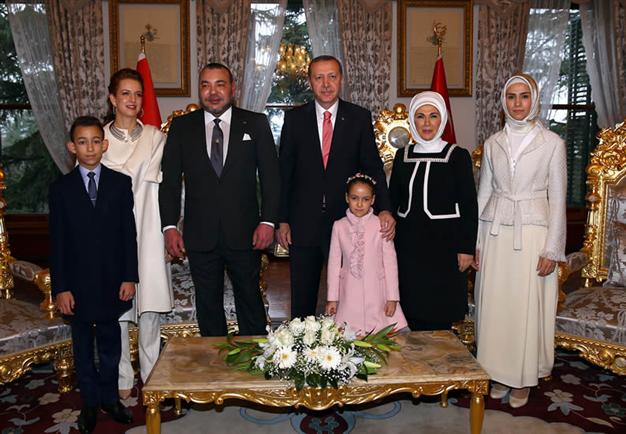[symple_box] Yassine Hicham is the head of the Translation Department at the International Center for Scientific Research and an Advisor of Translation at Diae Network for Conferences and Studies. He specializes in political, religious and literary translation, with a particular interest in poetry. Yassine has written extensively in Arabic and English in different websites and periodicals. [/symple_box]
Yassine Hicham is the head of the Translation Department at the International Center for Scientific Research and an Advisor of Translation at Diae Network for Conferences and Studies. He specializes in political, religious and literary translation, with a particular interest in poetry. Yassine has written extensively in Arabic and English in different websites and periodicals. [/symple_box]
Turkey is passing through a completely decisive stage in its history. A great number of people have died up to now in the war being waged against the Kurdistan Workers’ Party (PKK) in the southeast. In February and March 2016, several people died when a Kurdish faction struck back with suicide and car bomb attacks in Ankara and Istanbul, one targeting military personnel and the other, people waiting at a bus stop. The Kurdish Freedom Falcons (TAK), a splinter group from the PKK that some commentators say it remains a part of the organization, claimed responsibility. Meanwhile, involvement in the Syrian war has rebounded brutally on Turkey: almost three million Syrians have crossed the border to flee from the fighting, and Islamic State (IS) suicide bombers have taken the lives of hundreds of people in attacks along the border and, again, in Ankara.
In the meantime, Turks are deeply divided over the direction their country has been taken under the leadership of President Recep Tayyip Erdogan. While fissures run in many directions, the primary divide is between those Turks who seem to adore their president and those who abhor him.
Thin-skinned, pugnacious and vindictive, Erdogan hurls thunderbolts at his enemies from parliamentary, public platforms and also the Turkish palace he had built on the land that once belonged to his secular antithesis, Mustafa Kemal Ataturk. Shrewd in his ascend to power, he has been adamant in its exercise. He sounds no statesman: the list of foreign leaders he has affronted with his abrasive and annoying animadversion is a long one, however domestically he is the most eminent practitioner of politics in Turkey since the enactment of the multiparty system in 1946. Proud of his accomplishments in the working-class Istanbul residential area of Kasimpasa, he has shown a sound grasp of how to play to the needs and aspirations of his AKP (Justice and Development Party) government’s supporters and (it could be said) playing off their susceptibilities.

When Erdogan first became prime minister in 2003, he was regarded in Europe and the US, somewhat patronizingly, as a good example of a “moderate” Muslim leader. Even in his own country, several secular liberals were ready to accord him the advantage of the doubt. Now the words frequently applied to him are authoritarian, absolute and even despotic. The margins for dissent appear to shrink a little bit every day: the distinction between the critic and the adversary has nearly disappeared. Increasingly, it seems there is no collective “Turkey” any longer but solely the will of one man as repeated and bolstered by cabinet ministers and the government’s information and propaganda network.
Since Erdogan was elected president in 2014, close to 2,000 people have been charged with calumniating him (the precise number given early in March was 1,846, however there have been more arrests since then). The crime of lèse-majesté — insulting the king — still exists on the statute books of many European countries but is rarely used. Through the centuries it was invoked largely to penalize people who insulted the dignity of the monarch, therefore it should conceivably be no surprise that it is being used widely in a country whose president is generally compared to a Sultan. Under Article 299 of the Turkish penal code, anyone caught insulting the president of the republic can be jailed from one to four years, with the penalty multiplied by a sixth if the crime is committed in public. The law would seem to be in breach of the European Convention on Human Rights.





